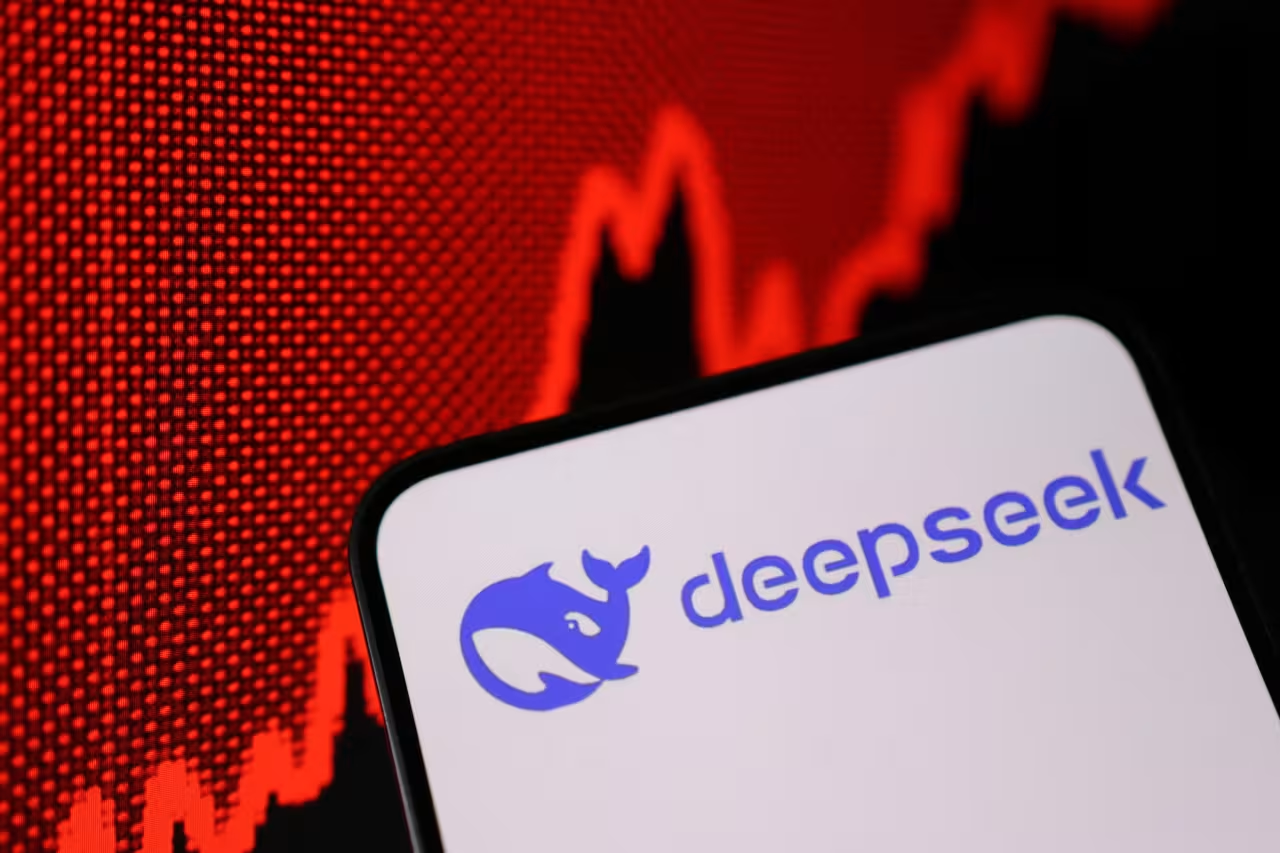Blog
‘The Canary in the Coal Mine’ - How Deepseek’s Rise Blows Up Big Tech’s Monopoly Myth
Highlights
- Deepseek’s rise destroys Big Tech’s claim that breaking up monopolies would weaken U.S. innovation, proving that competition—not corporate consolidation—drives technological progress.
- Big Tech has spent years pushing the false narrative that antitrust enforcement would give China an edge, but Deepseek’s rapid ascent shows that China’s AI advancements are happening regardless.
- As Lina Khan warns, monopolies make the U.S. tech industry more vulnerable, not stronger—proving that aggressive antitrust enforcement is necessary to maintain America’s global competitiveness.
For years, Big Tech has perpetuated the misconception that breaking up their monopolies would risk losing ground to China in technological advancement. Former Facebook Chief Operating Officer Sheryl Sandburg once said in a CNBC interview, “You could break us up, you could break other tech companies up, but you actually don’t address the underlying issues people are concerned about,” going on to say, “While people are concerned with the size and power of tech companies, there’s also a concern in the United States with the size and power of Chinese companies, and the realization that those companies are not going to be broken up.”
Former Google CEO Eric Schmidt made similar remarks in The Telegraph, arguing that “‘regulatory bias’ in the West against Google and other American firms hurts consumers and hands China a competitive advantage on everything from privacy to data collection.”

Fast forward to the present day, and this fallacy persists. As recently as October, the Wall Street Journal ran a piece from Robert D. Atkinson, who stated, “If we rush to dismantle Google, we risk undermining our global competitiveness against China and other adversaries.” It’s worth noting that Mr. Atkinson is president of the Information Technology and Innovation Foundation, which lists Alphabet, Amazon, Microsoft, and Meta as major contributors.
Perhaps if Big Tech hadn’t spent so much time in Washington protecting its monopoly status, it would have noticed that China was fast on its heels. As the New York Times reports, “DeepSeek’s results show that China has advanced A.I. capabilities that can match or exceed models from OpenAI and other American A.I. companies, and that breakthroughs made by U.S. firms may be trivially easy for Chinese firms — or, at least, one Chinese firm — to replicate in a matter of weeks.”
In that short timeframe, China has demonstrated its advanced technological proficiency, regardless of how bloated and greedy its competitors are.
DeepSeek’s meteoric rise shatters Big Tech's entire justification for its antitrust arguments.
Over the last decade, big tech chief executives have seemed more adept at reinventing themselves to suit the politics of the moment — resistance sympathizers, social justice warriors, MAGA enthusiasts — than on pioneering new pathbreaking innovations and breakthrough technologies.
- Former FTC Chair Lina Khan
Despite Mr. Atkinson’s dubious claim that “many antitrust officials today simply don’t understand innovation,” this week, former FTC Chair and self-described “antitrust enforcer” Lina M. Khan called DeepSeek’s explosion “a canary in the coal mine,” specifically “warning us that when there isn’t enough competition, our tech industry grows vulnerable to its Chinese rivals, threatening U.S. geopolitical power in the 21st century.”
Allowing smaller businesses to thrive will benefit consumers and competition alike, and antitrust suits are the mechanism by which we hold Big Tech monopolies accountable.
Khan goes on to say, “While monopolies may offer periodic advances, breakthrough innovations have historically come from disruptive outsiders, in part because huge behemoths rarely want to advance technologies that could displace or cannibalize their own businesses.”
We need to allow those outsiders to thrive, because otherwise, we’ll be left in the dust as China races to the finish line. In August, we called the Department of Justice’s case against Google “a reckoning for Big Tech.” Deepseek’s rise is yet another reckoning—a stark reminder that the higher you climb, the harder the fall.
Breaking up isn’t hard to do; it’s hard for Big Tech to accept. And once they do, consumers, competition, and the country will be better off for it.